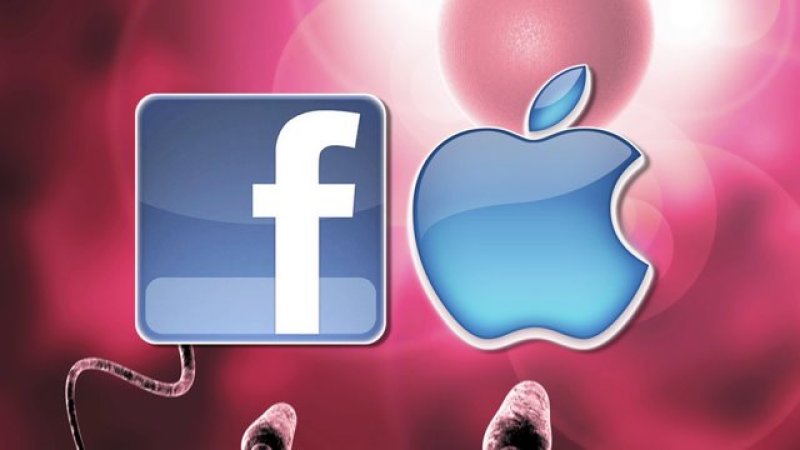The pressure is immense.
In stepped a few corporate giants with a plan meant to help young (and youngish) women across North America build their careers, while relieving them of pesky biological-clock considerations: Apple, Facebook and others started subsidizing egg freezing. This, Apple said at the time, could empower women “to do the best work of their lives as they care for loved ones and raise their families.”
The move elicited cheers for being a step forward for women – a progressive investment in historically inhospitable industries, such as tech and banking. And since women are having children later in life and facing higher infertility rates, there’s bound to be demand.
But let’s step back for a moment. How come women feel like they can’t have children and advance in their careers? Why aren’t men struggling with these concerns? And, what exactly do we expect women to do to their bodies – pumping themselves full of hormones and enduring surgical procedures with unknown consequences and no reproductive guarantee – to become the ideal employee?
Choosing to freeze your eggs is a personal decision. In cases where illness robs a person of fertility, freezing to preserve the option of having a child in the future could be a practical risk to take. Some women may elect to stop aging eggs in their tracks while they wait for the right partner.
But reproduction is more than an individual’s choice and responsibility. No decisions are made in a void, and work and family are two of the most powerful social institutions that constrain most adult lives. When it comes to freezing eggs to put parenthood on hold, we must question whether women feel free to make their own choices. Some say egg freezing benefits reflect the changing values of women.
Read full, original article: Egg-freezing? Put flex time, daycare first































